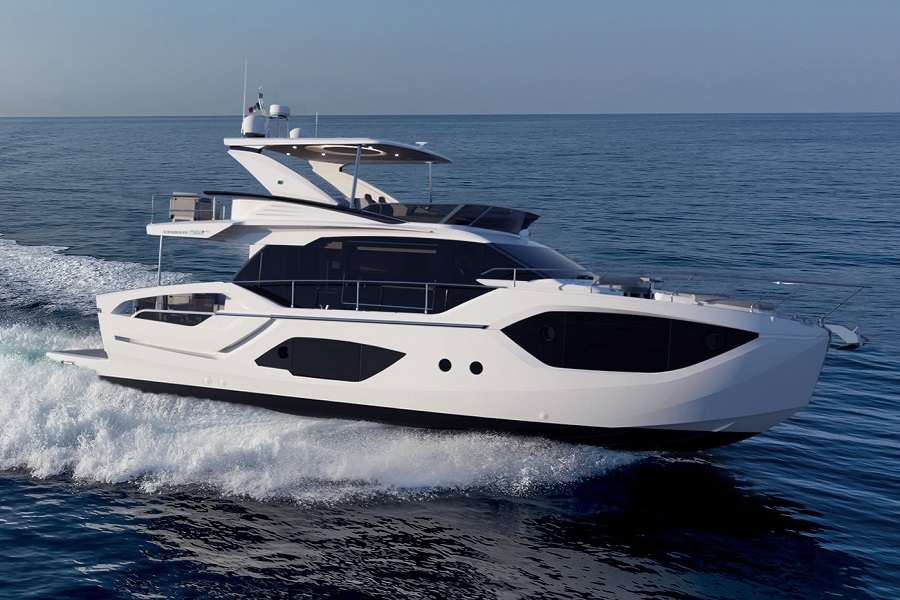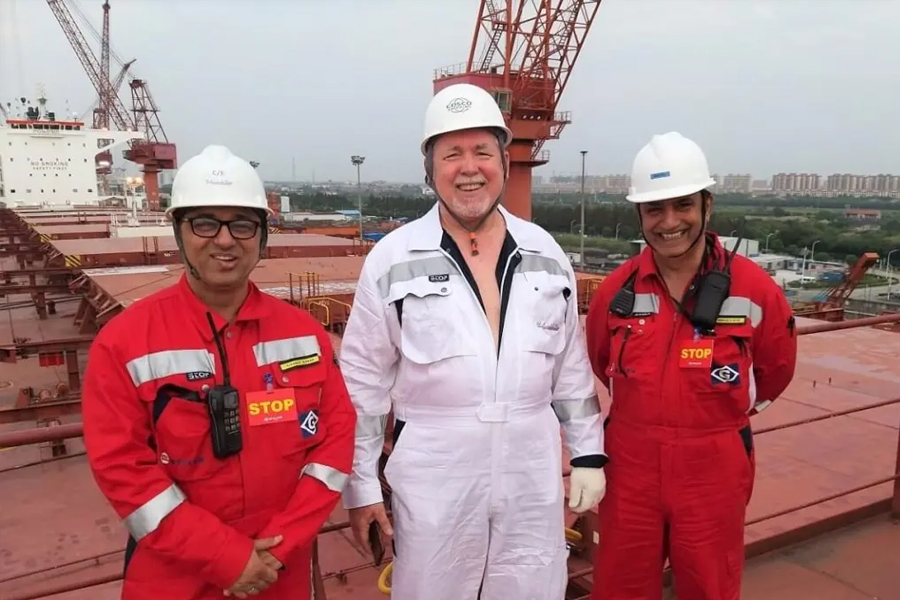 alt="Absolute signatures feature on 52 Fly"/>
alt="Absolute signatures feature on 52 Fly"/>
 alt="Frank Coles on mariners suffering in a Covid world"/>
alt="Frank Coles on mariners suffering in a Covid world"/>
As people shop and eat each day, I wonder how many will think about how the produce reached the shelves and food arrived on their tables? How many will appreciate the industry behind the world continuing to trade and operate during the torrid period affected by Covid?
How many will appreciate the fact the goods have been delivered by an industry with 400,000 seafarers suffering human rights contraventions and mental health issues?
Since early 2020, ship owners, operators and managers have struggled against a wave of indifference from governments around the world to bring the plight of the maritime industry to their attention.
Of the 1.2 million seafarers in the world, over 400,000 have suffered from not being able to get home when their contracts are over or join a ship when their contracts were supposed to start. In many cases, seafarers have been on board ships for over a year, well out of contract. They are not even allowed to have shore leave when the ship arrives in a port.
They are the hostages of Covid and prisoners of government indifference. Safety at sea is a critical matter and mental health is part of this safety. The extended periods at sea have greatly increased the mental stress on the seafarers. In some cases, there have been suicides and in others, there have been dangerous accidents like the Mauritius oil pollution.
Despite many appeals to the relevant bodies and governments, it has been impossible to get any sort of traction for a uniform response to this crisis. Crew changes have been low on the priority of most governments and they have placed complex rules and restrictions on any ship, the owners, managers and its crew for such purpose.

Some countries have restrictions for certain nationalities; others allow crew changes but have no flights; others will penalise the owners if the ship arrives with an overdue crew but will not allow a crew change. Hypocrisy and irrational stupidity abound, while they enjoy the fruits of the seafarers’ hard labour.
Australia is strict on ships coming to the country with overdue crew, yet it places heavy restrictions on any sort of crew change. Some Australian ports require chartering a plane for crew as they won’t let them travel on commercial flights. Don’t forget, these sailors have been at sea and are generally physically healthier than anyone ashore.
For a long time, India wouldn’t even allow Indian crew to return. China only allows Chinese seafarers to change ship in China, so others are stuck waiting for a port from where they can head home.
Many have called for seafarers to be deemed ‘essential workers’ to enable a passage home. In fact, some countries have designated them essential, but it has made no difference. Borders are closed to the seafarers but not the food, drink and gifts they have delivered to that country.
Not only do merchant mariners find themselves being persecuted for their profession but those choosing to sail around the world as cruisers are also being prevented from free and safe passage. Hundreds of cruisers are also stranded by illogical regulations that do not consider the safety of life at sea or the fact that time at sea is effectively quarantine.
Merchant mariners stuck at sea are enabling others around the world to feast and carry on with their lives, but their own situation remains a case of hypocrisy and human rights abuse by governments far and wide.

Frank Coles, CEO of Wallem Group
Based in Hong Kong for the second time in his career, Frank Coles is CEO of Wallem Group and the owner of a Lagoon 46 sailing catamaran (see Owner, Issue 56). Born and raised in Zimbabwe, Coles moved to the UK after school and was a merchant seaman for 12 years before working as a maritime lawyer for Richards Butler in London for five years. From 1995-98, Coles was General Manager of Pacific Basin Shipping in Hong Kong and CEO of Canada-based Rydex, owned by Pacific Basin. In 1999, he moved to Florida to become President and CEO of Globe Wireless, a job he held for 12 years. He was President of Inmarsat Maritime in London (2011-14) and CEO of Transas Marine in Ireland (2015-18) before returning to Hong Kong in 2018 to join Wallem.